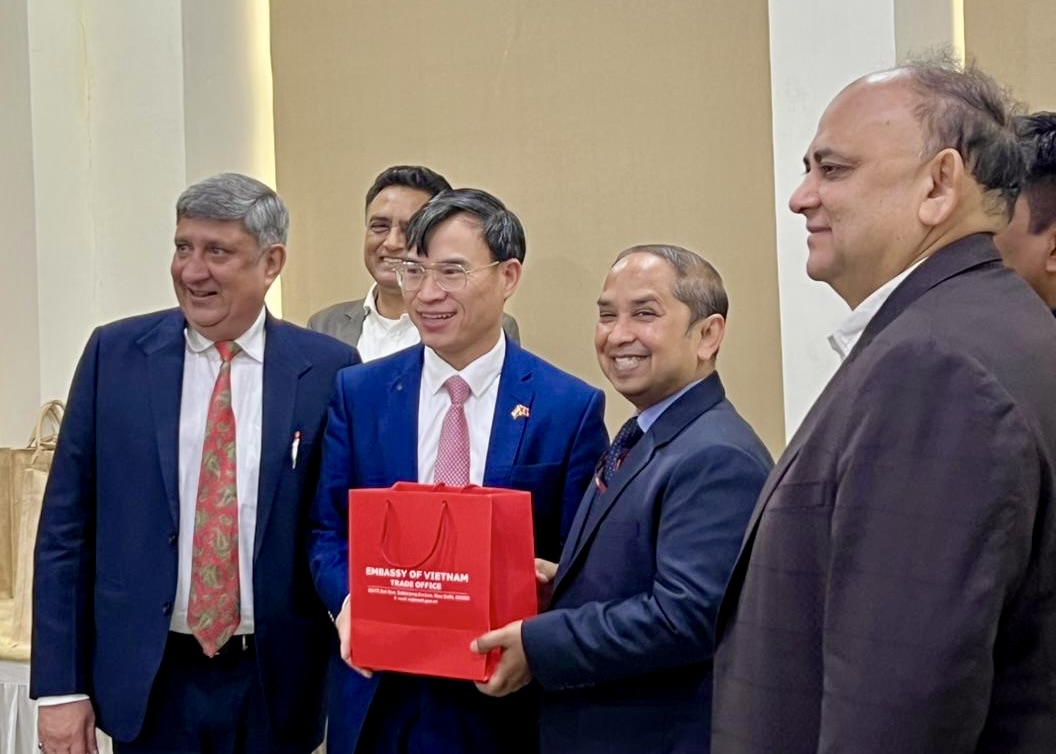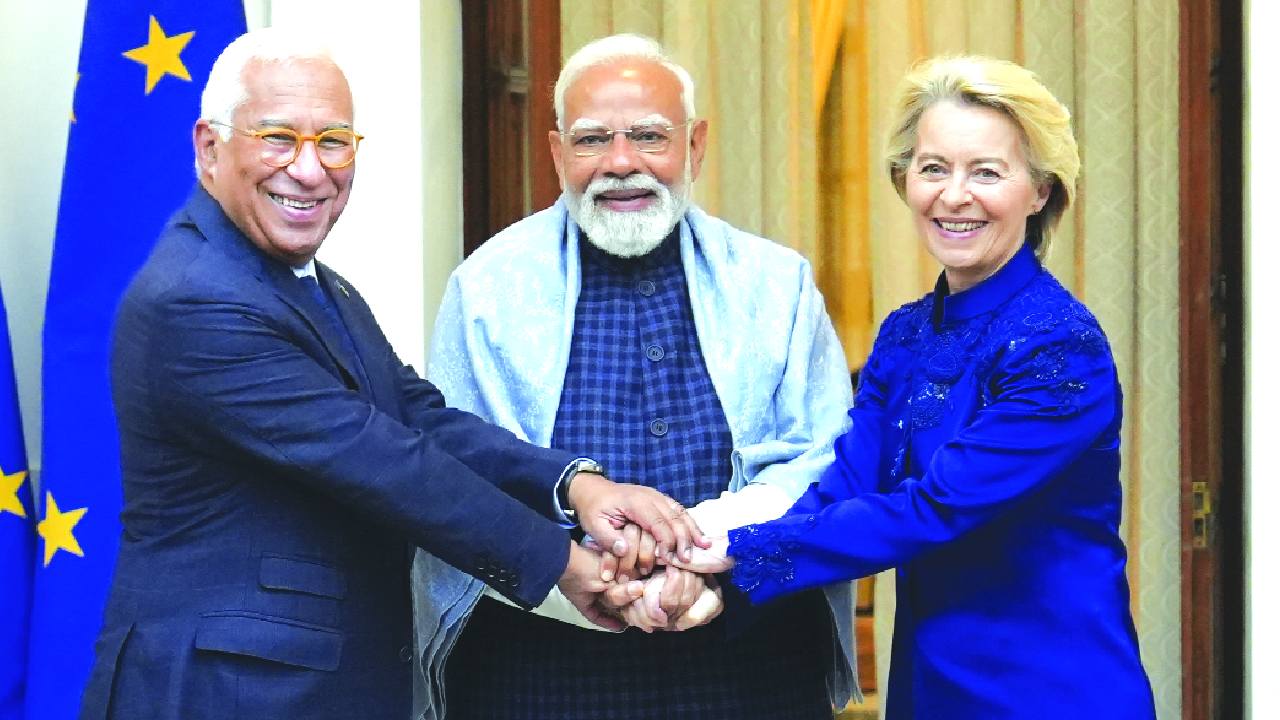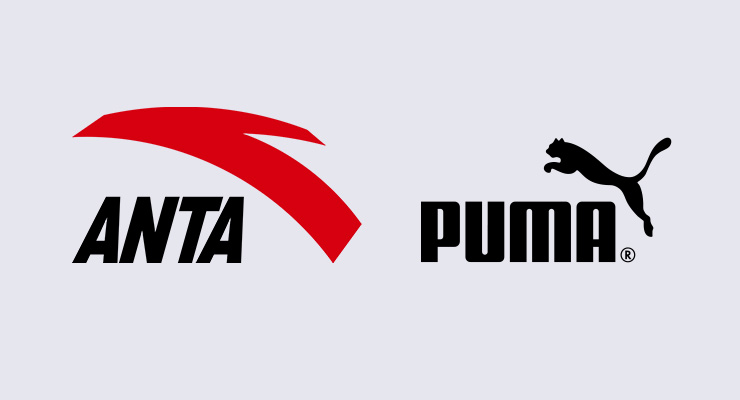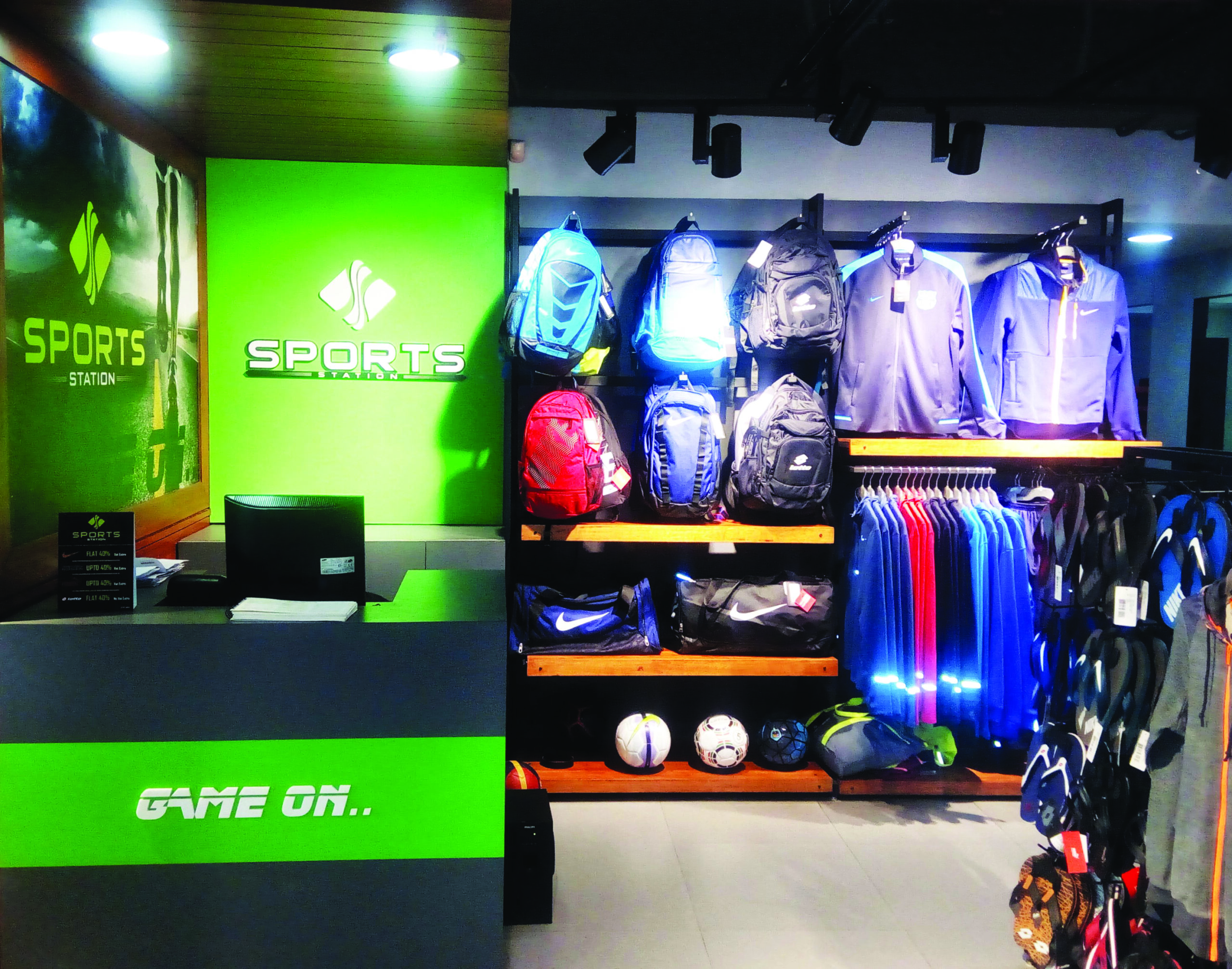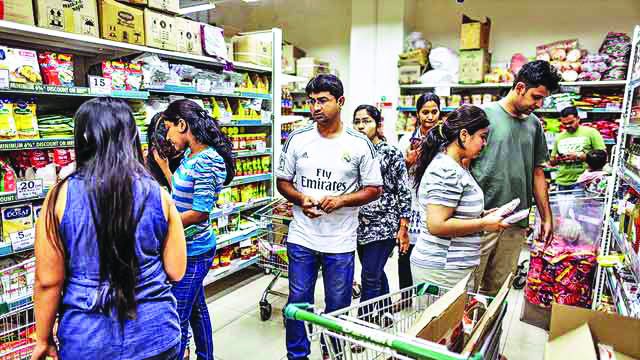The Indian footwear industry is bracing for the ripple effects of recent U.S. tariff measures, with small and medium component manufacturers warning of a survival crisis. According to the Indian Footwear Components Manufacturers Association (IFCOMA), the burden of penal duties on finished footwear is being pushed down the supply chain, leaving MSME suppliers to absorb discounts of up to 20%.
“The math is staggering,” said Sanjay Gupta, President of IFCOMA. “On exports of $350 million worth of leather footwear, components account for about $125 million. With U.S. tariffs triggering discount demands and reduced direct imports, our component sector faces an estimated $83 million hit, roughly ₹600 crore. This is not just a number, it’s the future of thousands of MSMEs across Ambur, Agra, Kanpur, Bahadurgarh, Delhi, and other clusters.”
Impact in Numbers
- $350 million – Leather footwear exports (2024)
- $125 million – Value of components (approx. 35% share)
- $83 million (₹600 crore) – Estimated impact on component makers
- 20% – Discounts MSMEs are being forced to absorb
- 100s – Number of units at risk across India’s footwear clusters
While the duties directly target finished footwear, exporters are offsetting their losses by squeezing suppliers including makers of soles, uppers, adhesives, and accessories. With most component manufacturers relying almost exclusively on exports, the knock-on effect could shutter hundreds of units, threaten mass employment and disrupt India’s leather export competitiveness.

“All we are asking for is immediate support within existing frameworks, no new laws are needed. Timely intervention will protect jobs, stabilize clusters and ensure India remains competitive on the global stage,” Sanjay Gupta, President IFCOMA
Relief Measures Proposed
To prevent a collapse of the component ecosystem, IFCOMA has urged the government to implement targeted, short-term measures within existing policy frameworks. These include:
- Deemed Export Recognition: Classify supplies to exporters as deemed exports, enabling component makers to claim RoDTEP and duty drawback benefits without affecting exporter incentives.
- Tariff Compensation: Provide 5–7% support under a special RoDTEP/drawback line item to offset the forced discounting.
- Working Capital Relief: Extend the 3% Interest Equalization Scheme to suppliers selling to exporters.
- Input Duty Relief: Temporarily waive or reduce customs duty on raw materials such as EVA, PU chemicals, resins, adhesives, and specialized leathers.
- Employment Protection: Offer ESI/EPF reimbursements for 6–12 months to safeguard semi-skilled jobs in key clusters.
- Market Diversification: Ease access to schemes like MAI (Market Access Initiative) and MSME International Cooperation for overseas fairs and delegations, especially since the government is encouraging exploration beyond U.S. markets.
Clusters at Risk
- Ambur & Ranipet (Tamil Nadu)
- Agra (Uttar Pradesh)
- Kanpur (Uttar Pradesh)
- Bahadurgarh (Haryana)
- Delhi NCR
Key Component Categories
- Soles
- Uppers
- Adhesives
- Accessories
- Specialized raw materials
The Clock is Ticking
Industry insiders stress the urgency of the matter, noting that the export season is already underway. Any delay risks not only closures but also a loss of orders to competitors like Vietnam and Bangladesh.





